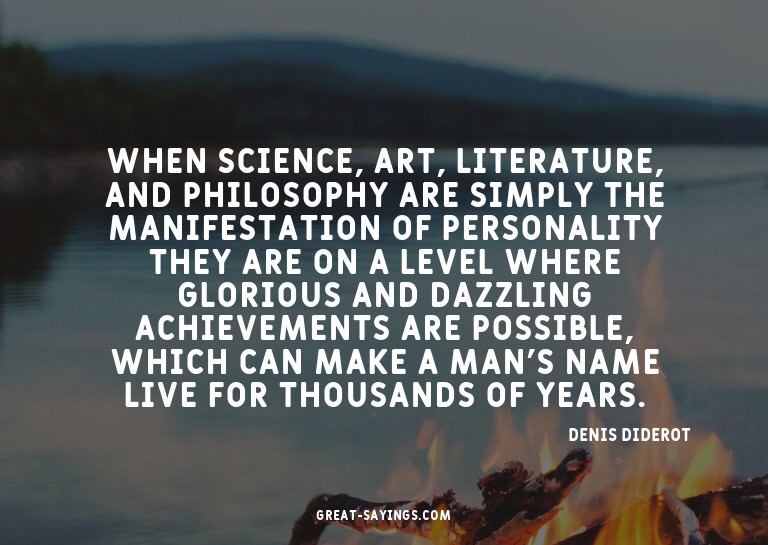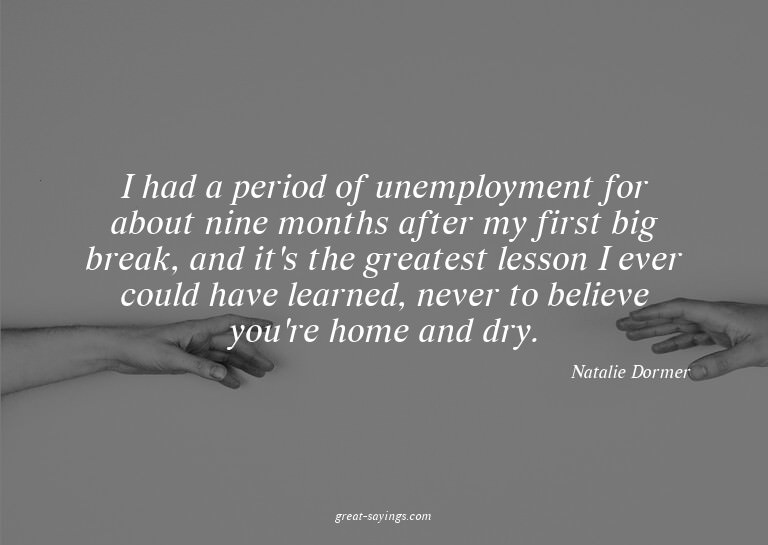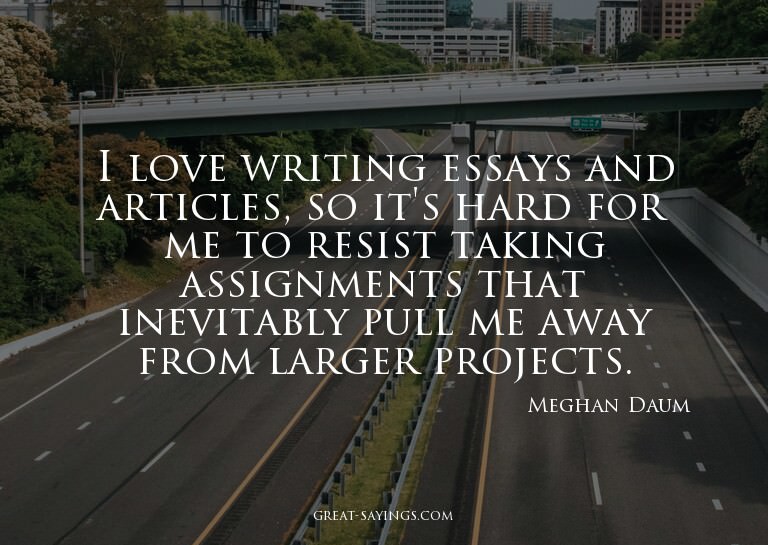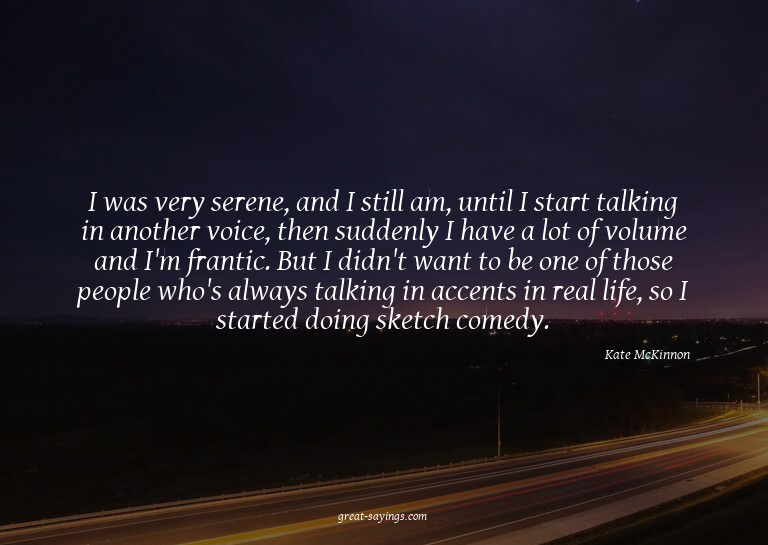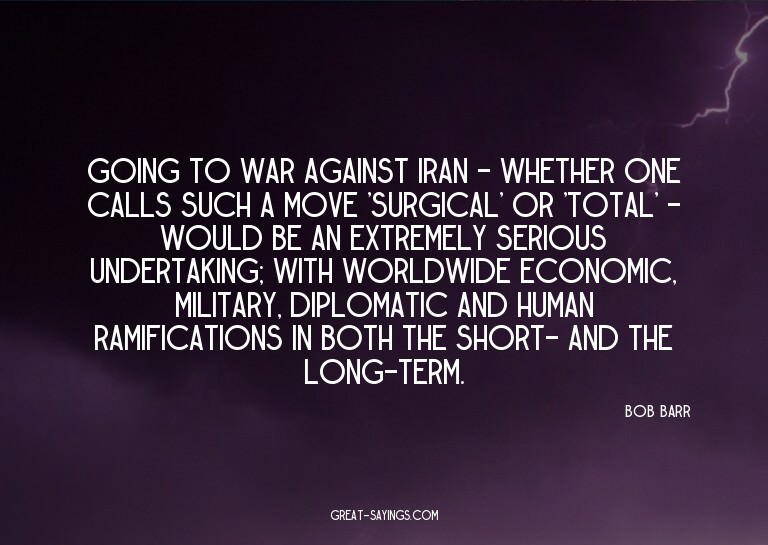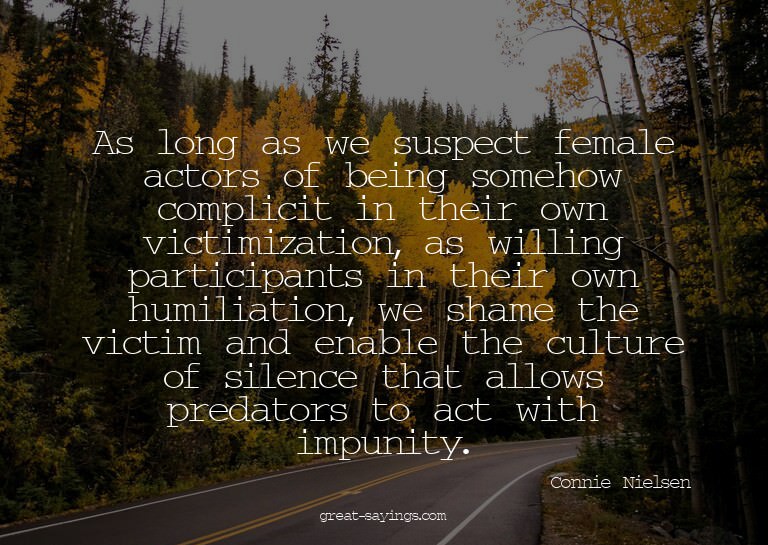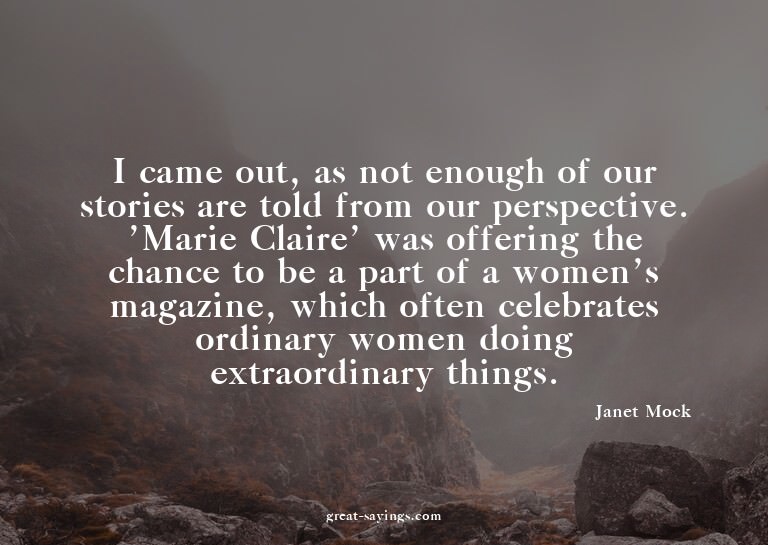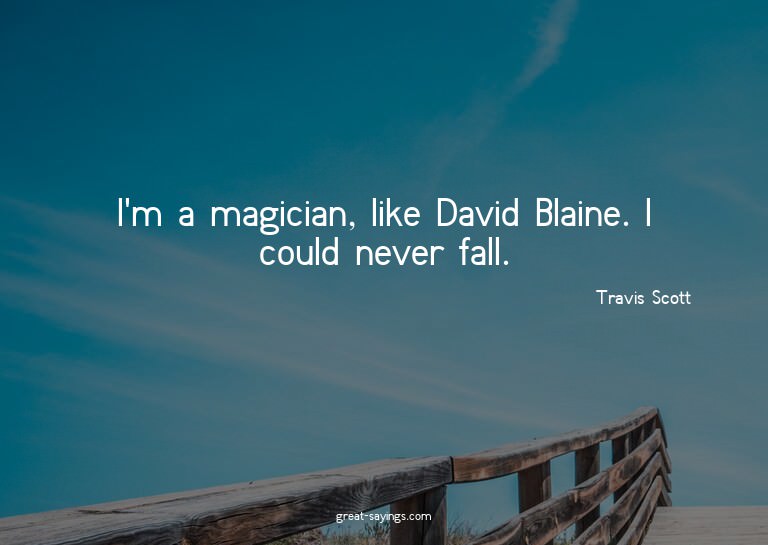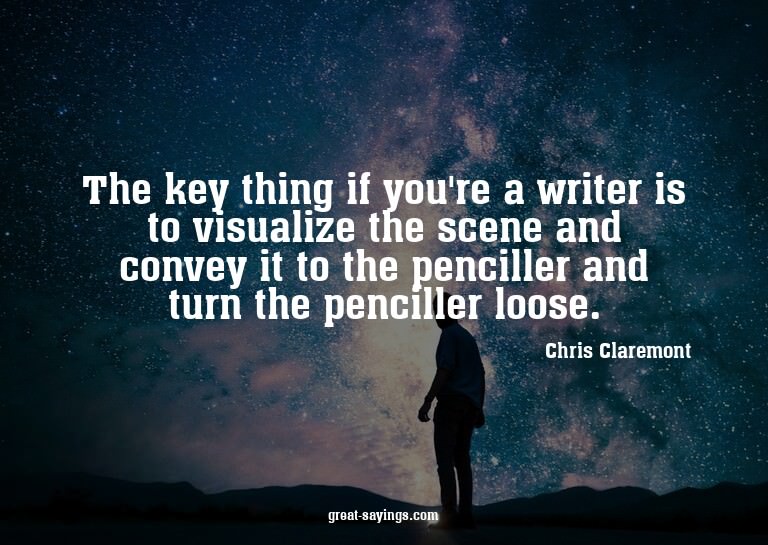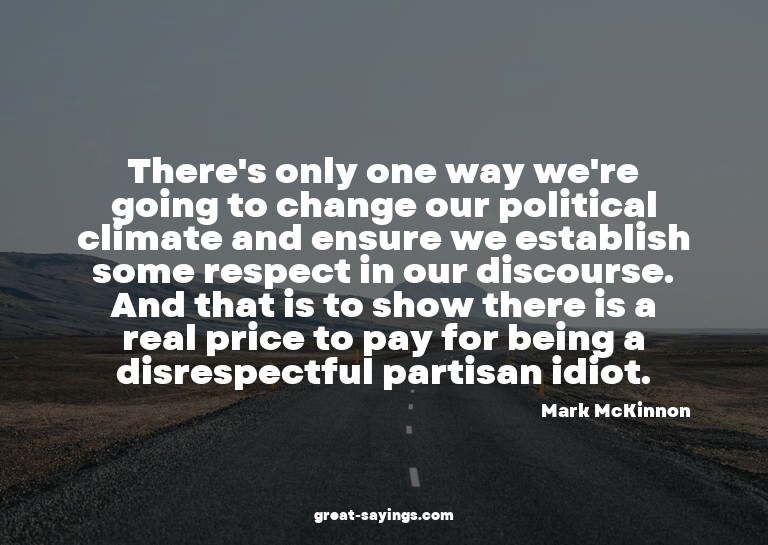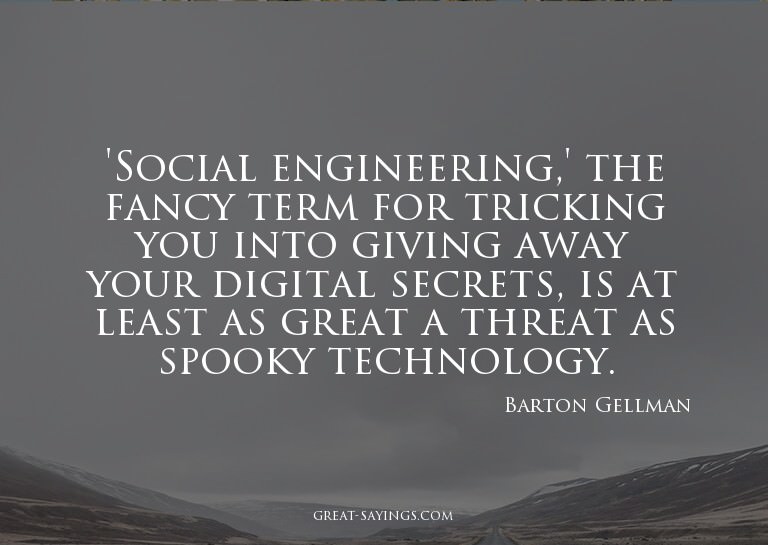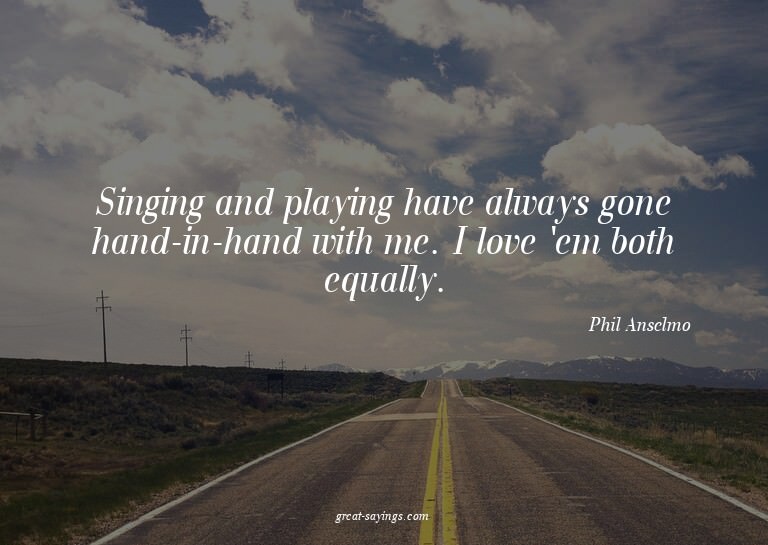Words matter. These are the best Scientists Quotes from famous people such as Barry Commoner, Brian Greene, Daniel Kahneman, Seth Shostak, Michael Polanyi, and they’re great for sharing with your friends.
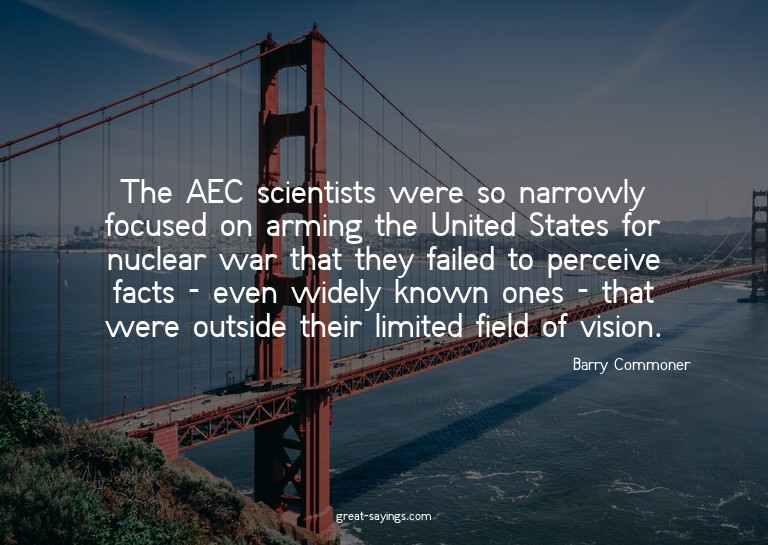
The AEC scientists were so narrowly focused on arming the United States for nuclear war that they failed to perceive facts – even widely known ones – that were outside their limited field of vision.
There’s no way that scientists can ever rule out religion, or even have anything significant to say about the abstract idea of a divine creator.
Psychologists really aim to be scientists, white-coat stuff, with elaborate statistics, running experiments.
A century ago, scientists believed there was only one obvious stomping ground for alien biology in our solar system: Mars. Because it was reminiscent of Earth, Mars was assumed to be chock-a-block with animate beings, and its putative inhabitants got a lot of column inches and screen time.
My title is intended to suggest that the community of scientists is organized in a way which resembles certain features of a body politic and works according to economic principles similar to those by which the production of material goods is regulated.
Hillary Clinton is listening to the scientists who tell us that – unless we act boldly and transform our energy system in the very near future – there will be more drought, more floods, more acidification of the oceans, more rising sea levels.
I was terrible at maths, but I could grasp science, and I used to love to read about the lives of the scientists. I wanted to be a scientist or an inventor.
Many of the mainstream agricultural scientists, especially at the agricultural schools, but at all of our major universities, are tied into all sorts of contractual relationships and consulting relationships with the life science companies.
A National Database on Autism Research is fostering sharing of data and collaborations. Scientists are also making great strides at the interface of biology and engineering with new technologies that are laying the groundwork for future advances.
Many of my friends are scientists.
We think that it is the best scientists working in the frontier fields of science who are best able to judge what is good and what is bad – if any – in the application of their scientific research.
Typically in science, individual scientists make up their minds about scientific fact or theory one at a time. We don’t take votes. We just don’t vote on quantum mechanics, the theory of relativity, why the sky is blue, or anything else.
Of course ‘Horizon’ had made an impact on me from a young age, but it was also humbling to meet and interview eminent scientists, and hear their high opinion of the series and of the science presented on the BBC more generally.
All basic scientists who look to the NCI for funding should know that I will tolerate no retreat on the study of model systems and the pursuit of fundamental biological principles.
My inbox is now bulging with touching emails from young women scientists who have been kind enough to write and thank me for inspiring them and helping them on their way. It has also been of great comfort to me to see many women at the top of science testifying for my record in supporting women scientists.
The scientists often have more unfettered imaginations than current philosophers do. Relativity theory came as a complete surprise to philosophers, and so did quantum mechanics, and so did other things.
What the public needs to understand is that these new technologies, especially in recombinant DNA technology, allow scientists to bypass biological boundaries altogether.
For the scientists, they’re kind of puzzled and pleased that somebody finds their work interesting. It makes it fun for me. I feel like I’ve sort of turned over a stone that hasn’t been turned over.
We’re starting to see a renaissance of investors embracing the idea that scientists can build businesses.
In my grandfather’s lab, scientists did independent research, and peers reviewed and commented on its merits. Politics, he taught me, had no place in the scientific process.
I became famous for the fact that I would break many, many limits. People said, ‘He does all these crazy things.’ But oddly it was a crazy thing only because scientists and climbers said, ‘Everest and the 8,000-meter peaks without oxygen – impossible. Messner is becoming sick in his head.’
I felt grateful to Ataturk that my parents were so well educated, that they weren’t held back by superstition or religion, that they were true scientists who taught me how to read when I was three and never doubted that I could become a writer.
I thought I would reflect here on a theme most scientists enjoy recalling: the part luck played in their accomplishments.
The interpretation of facts in a certain way stimulates other scientists’ thoughts.
Most scientists will get serious media exposure about twice in their entire career. And they’ll get that because they’ve actually done an experiment that was interesting.
The best scientists and explorers have the attributes of kids! They ask question and have a sense of wonder. They have curiosity. ‘Who, what, where, why, when, and how!’ They never stop asking questions, and I never stop asking questions, just like a five year old.
Although scientists can often be as resistant to new ideas as anyone, the process of science ensures that, over time, good ideas and theories prevail.
I think philosophers can do things akin to theoretical scientists, in that, having read about empirical data, they too can think of what hypotheses and theories might account for that data. So there’s a continuity between philosophy and science in that way.
I’m impressed by the economic development of Korea. And women scientists played, without doubt, an important role in it.
There must be possible a fiction which, leaving sociology and case histories to the scientists, can arrive at the truth about the human condition, here and now, with all the bright magic of the fairy tale.
While it is quite reasonable for scientists to be skeptical of new ideas that do not fit within the accepted realm of scientific knowledge, the best science often emerges from situations where results carefully obtained do not fit within the accepted paradigms.
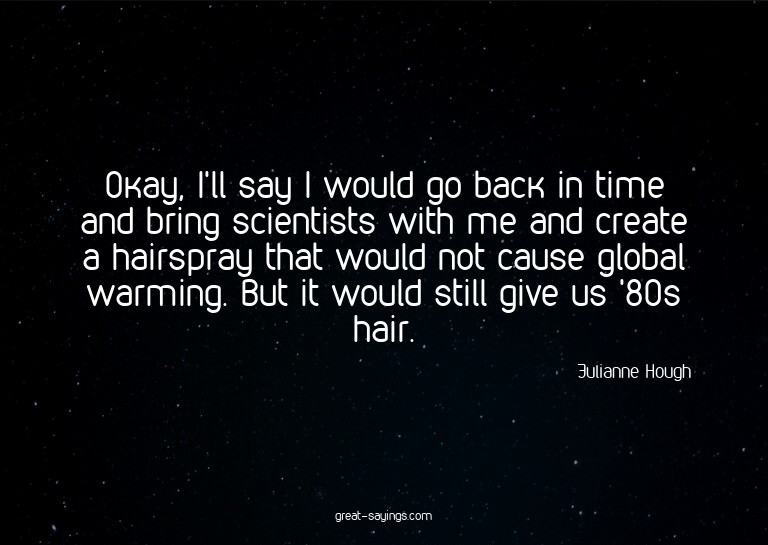
Okay, I’ll say I would go back in time and bring scientists with me and create a hairspray that would not cause global warming. But it would still give us ’80s hair.
I know there’s a creative side to artists to – pardon me – there’s a creative side to scientists already, but there may be an artistic side, too, waiting to break free.
I felt the question of the afterlife was the black hole of the personal universe: something for which substantial proof of existence had been offered but which had not yet been explored in the proper way by scientists and philosophers.
However, I believe that it would be difficult to have legitimate scientists agree to participate.
We need scientists and mathematicians explaining why they are excited about their subjects but also why they are important for solving social problems, informing political debate and for the economy.
When I first started writing, I didn’t write about scientists at all. I think I wanted a break from that part of my world.
Things look especially bleak for common killers such as diabetes and heart disease. Those ailments clearly have a genetic component. But when scientists survey genes looking for which mutations patients have in common, they come up empty.
Sharing data allows us to research, communicate, consume media, buy and sell, play games, and more. In return, businesses develop products, scientists undertake research, and governments use data to enable voting, inform policies, collect tax, and provide better public services.
My job is to notice echoes and notice resonances. Scientists are not supposed to do the same thing that cultural critics do.
Computer programmers, biotechnologists, environmental scientists, neuroscientists, nanotech engineers – all of these fields, and more, should have at least a course in ethics as part of their degree requirements.
I consistently encounter people in academic settings and scientists and journalists who feel that you can’t say that anyone is wrong in any deep sense about morality, or with regard to what they value in life. I think this doubt about the application of science and reason to questions of value is really quite dangerous.
If we do discover a complete theory, it should be in time understandable in broad principle by everyone. Then we shall all, philosophers, scientists, and just ordinary people be able to take part in the discussion of why we and the universe exist.
Everyone agrees that animals should not be exposed to unnecessary pain. But neither should scientists be hamstrung by the requirement to use anesthesia in every animal experiment that might cause pain.
To far too many, science is a four-letter word, and under the modern media’s false equivalency standards, a handful of skeptics are viewed as counterweights to the vast majority of scientists who acknowledge mankind’s proven role in global warming.
Scientists announced that they have located the gene for alcoholism. Scientists say they found it at a party, talking way too loudly.
I wanted to find out exactly who was in charge, whether it was God Himself or whether it was scientists in the laboratory. It was us.

